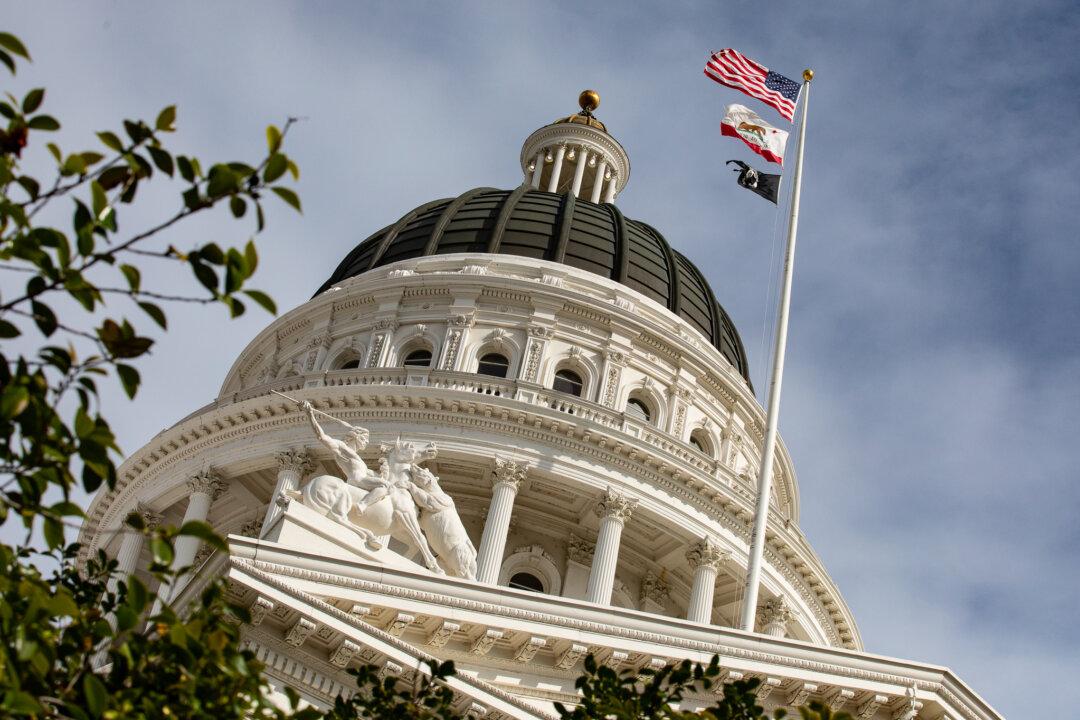A California Assembly bill that would prohibit local school boards from excluding books that contain “diverse perspectives”—including critical race theory and gender ideology—is a step closer to becoming law.
After approval by the state Assembly in May, Assembly Bill 1078 passed 5–2 in the Senate Education Committee on July 5, with Sens. Rosilicie Ochoa Bogh (R-Yucaipa) and Scott Wilk (R-Santa Clarita) dissenting.





